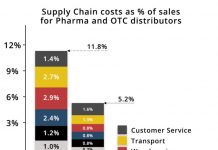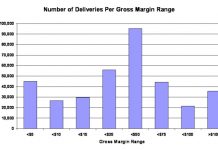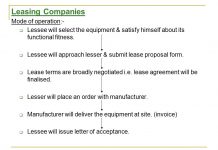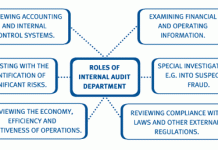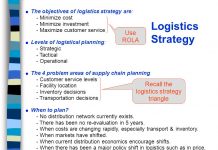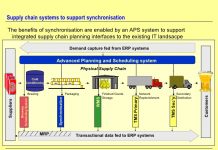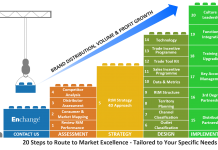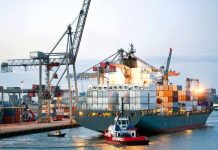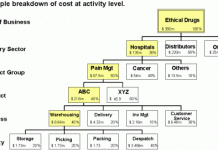Table of Contents
How Amazon optimizes its fast and cost-effective delivery Network
Amazon is speeding up delivery, reducing costs, carbon emissions, and reshaping inventory management systems.
On May 13th, Amazon.com Inc announced that they have implemented several changes to optimize their goods distribution network post-pandemic.
These new solutions enable them to accelerate delivery speed, reduce costs, and carbon emissions generated by their own operations.
Previously, they operated a national delivery network, fulfilling successful orders from warehouses spread across the country.
If a local warehouse didn’t have the product a customer ordered, the platform would transfer the item from another region.
However, long-distance transportation incurred much higher expenses, and delivery times were extended.
CEO Andy Jassy stated that reducing both time and cost is a “significant challenge” for the company at present.
Packaged goods at an Amazon warehouse.
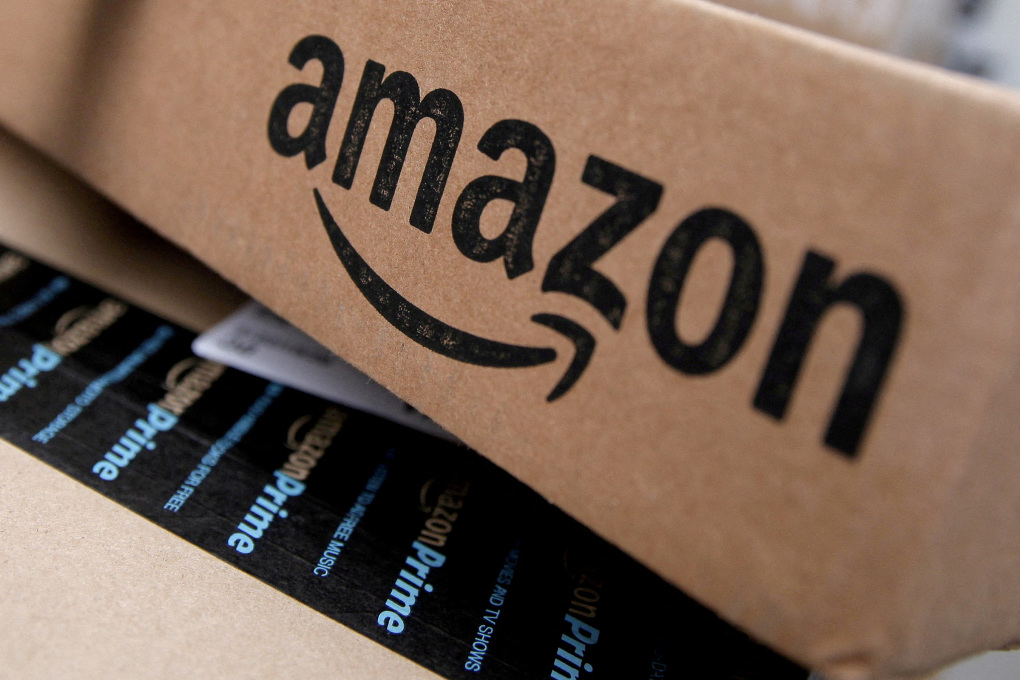
8 new warehouse locations
To pursue profitability, the company has established eight new warehouse locations in remote areas, optimizing the service coverage and reducing shipping distances.
According to Jassy, each region will offer a wide range of suitable options and primarily operate on a self-supply, self-sustaining basis.
Products at these new warehouses can also be shipped nationwide when necessary.
This new direction helps the e-commerce giant reshape its inventory management system and improve search capabilities.
It enables more effective visibility of goods and partner products, targeting the right customer base.
Consumers can easily find the items they want to purchase from nearby suitable shops for faster delivery.
Conversely, the delivery process is streamlined, estimated to reduce up to 12% of previous checkpoints and storage points that packages had to go through.
Many experts and platforms observe that the current period sees declining consumer demand due to signs of economic recession and rising inflation. Amazon and other online retailers are mostly in the process of reducing doorstep delivery costs and facilitating returns.
Deployment of reduced shipping fees
This week they implemented a $10 reduction in shipping fees for customers who opt to pick up their orders at a location themselves instead of home delivery.
This move demonstrates that despite holding a significant market share, major online shopping platforms still need to cut costs to adapt to the times.
In recent months, the e-commerce giant has reduced around 27,000 jobs to optimize expenses.
It has also begun charging an additional $1 fee for customers requesting returns at locations such as Whole Foods, Amazon Fresh, or Kohl’s near their delivery address.














